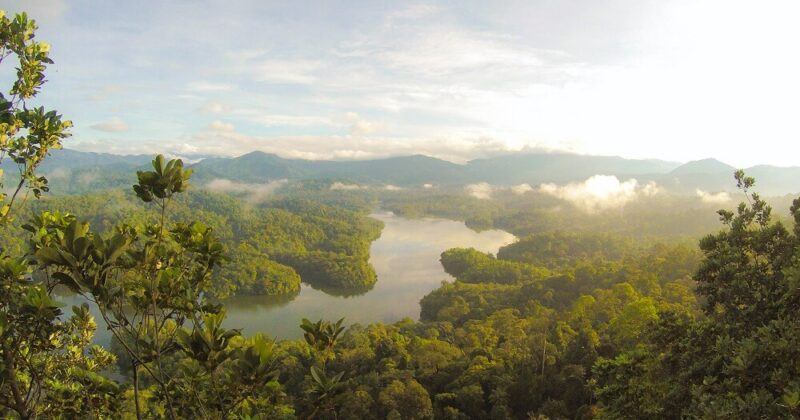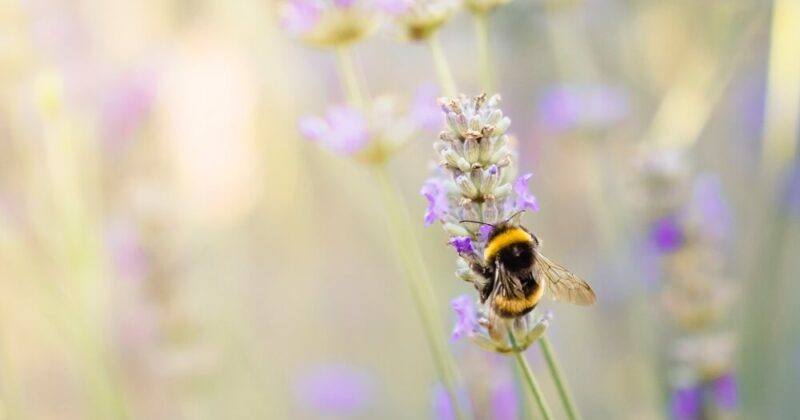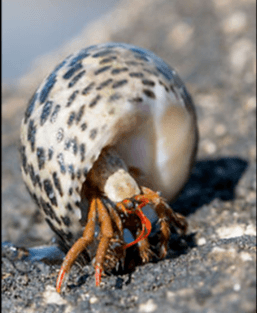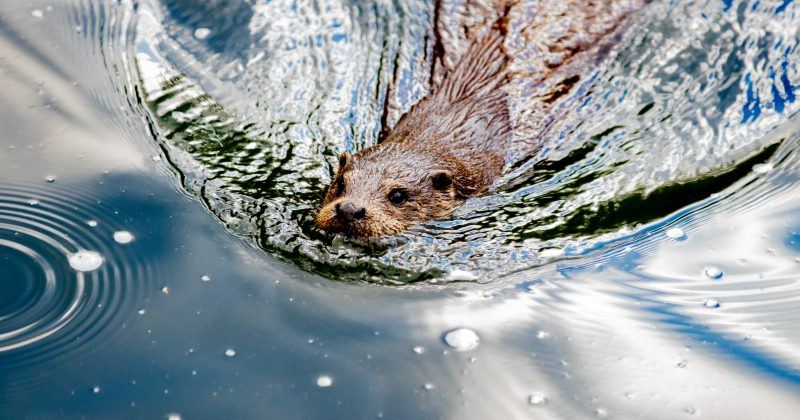
Biodiversity – the variety of all life on earth
More than 40,000 species are threatened with extinction.
With this being a worrying statistic in itself, the loss of each individual species is part of the much wider concerns of biodiversity loss. Biodiversity is as crucial for human life as it is for the ecosystem. The variety of plants, animals, fungi and micro-organisms in an ecosystem work together to benefit each other and keep the habitat sustainable.
Benefits of biodiversity to humans are known as ecosystem services examples of these include:
Forests that reduce flood risks
Coastline protection from sea level changes
Regulation of pollution by wetlands
Even something as simple as a walk in the park to ease anxiety
The smallest of changes can have large consequences to a species and its ecosystem. There are many causes of biodiversity loss, many worsened by the impacts of the human population.
Big steps are needed in sustainable consumption and production and tackling climate change to think about making up for the biodiversity already lost and how to move forwards...





